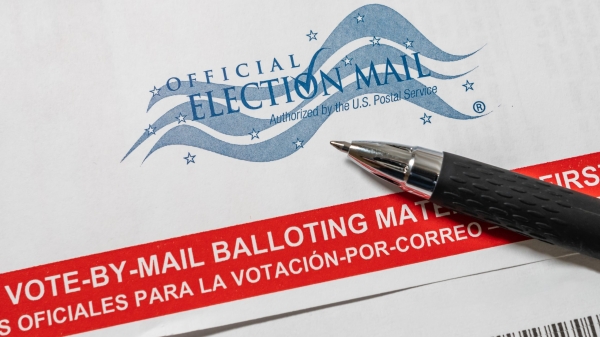The House Judiciary Committee on Wednesday gave a favorable report to House Bill 403, which would make it illegal to dox law enforcement, firefighters and other public servants.
House Bill 403 is sponsored by state Rep. Shan Stringer, R-Mobile. HB403 is co-sponsored by state Reps. Chip Brown, Craig Lipscomb, Gil Isbell, Ed Oliver, Andy Whitt, Rex Reynolds, Parker Moore, Tracey Estes, Rhett Marques, Jeff Sorrells and Matt Simpson.
Doxing is defined as searching for and publishing private or identifying information about (a particular individual) on the internet, typically with malicious intent. Stringer explained that doxing started around 1990 and has grown in recent years. It is the exposure of personal information about someone in an attempt to cause them harm.
Stringer said that we recently had a case in Huntsville where information about a member of law enforcement’s home and family were released.
“The suspect was a known radical,” Stringer said. “In California, we have had law enforcement killed. We have had judges killed.”
Stringer said that there was recently an incident in Baldwin County where a law enforcement officer was on the side of the road doing some work and someone took a picture and posted on the internet that the officer was there, asking if anybody wanted to do something.
“I think it is a much-needed law that we do not have in Alabama,” Stringer said.
HB403 would create the crime of doxing and establish penalties for violations.
The personal information that could not be shared includes, but is not limited to, all of the following:
“a. Home address. b. Work address. c. Phone number. d. Email address. e. Photographs or information of the victim’s children, including the schools they attend. f. Any other information that would enable the victim to be located, contacted, harassed, threatened, or harmed.
An individual commits the crime of doxing if he or she does either of the following:
“(1) Intentionally electronically publishes, posts, or provides personal identifying information of another person, with the intent that others will use that information to harass or harm that other person, and the other person is actually harassed or harmed. (2) Intentionally electronically publishes, posts, or provides personal identifying information of a law enforcement officer, firefighter, or public servant, with the intent that others will use that information to harass, harm, or impede the duties of that law enforcement officer, firefighter, or public servant, and the law enforcement officer, firefighter, or public servant is actually harassed, harmed, or impeded from performing his or her governmental function.”
A violation of this law would be a Class A misdemeanor. A member of the committee was asked if this would include judges and prosecutors.
State Rep. Matt Simpson, R-Daphne, said that would be covered under an already existing law, not this one. Simpson offered an amendment. The committee amendment was adopted and the bill was given a favorable report.
HB403 can now be considered by the full House of Representatives.















































